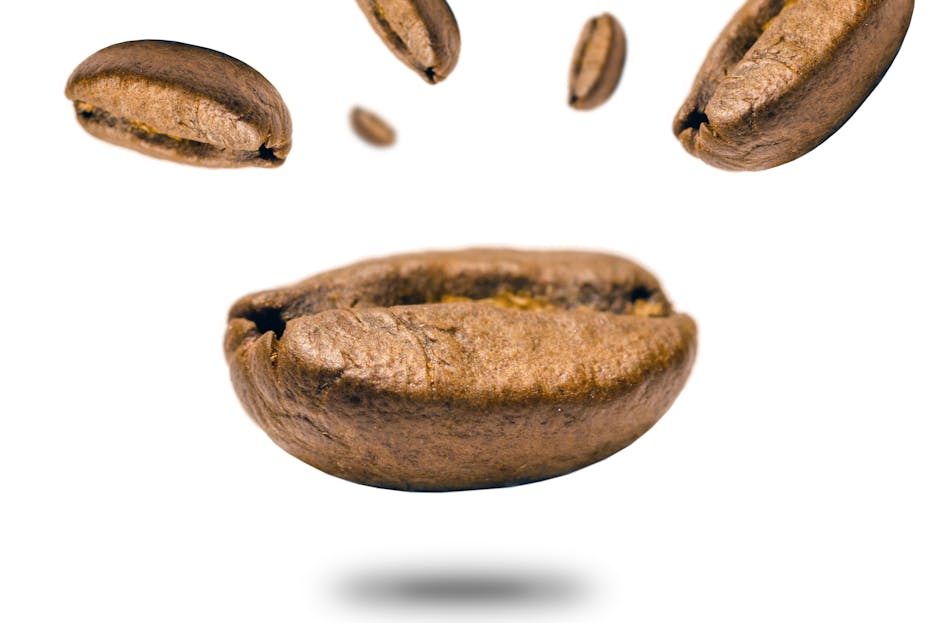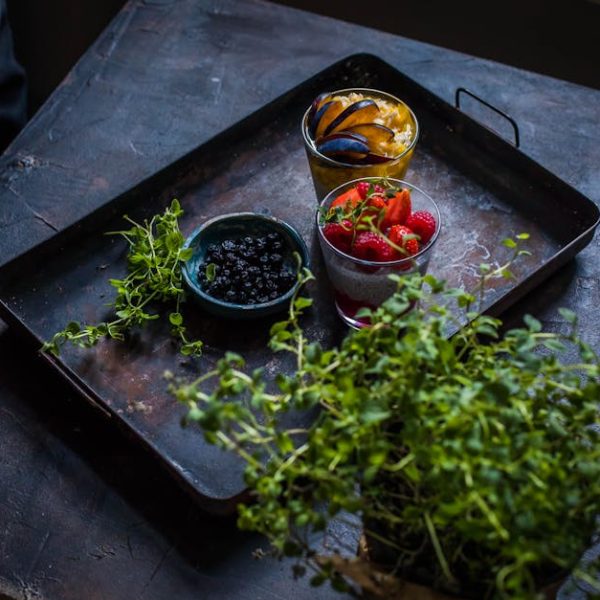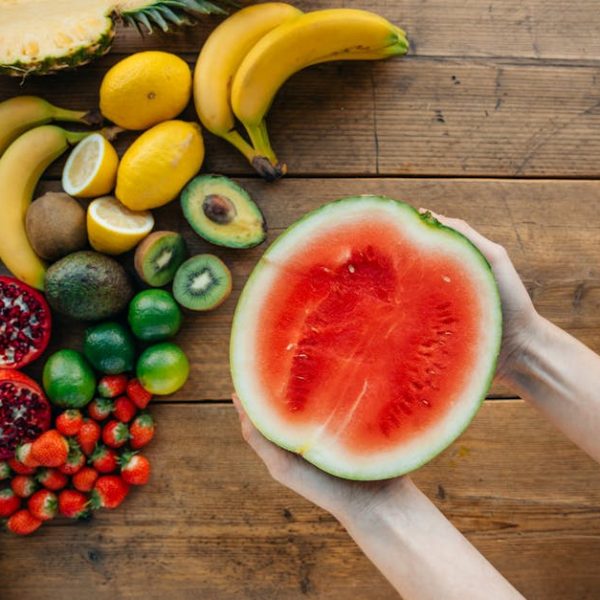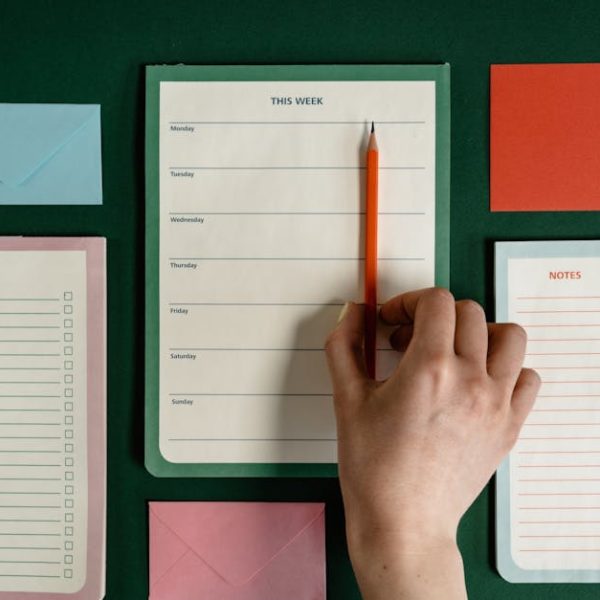Freezing coffee is an enduring debate among aficionados and baristas across the globe. While you can unquestionably freeze coffee, the actual question lies in whether it’s a wise idea to do so, and how to do it correctly to protect its delicate flavor profile and aroma. If mishandled or improperly stored, freezing could potentially degrade your coffee. However, when done correctly, it offers a valuable method for extended storage, particularly for individuals who buy coffee beans in bulk.
Understanding the Effects of Freezing on Coffee Beans
At the heart of freezing coffee beans is the interplay of chemistry, temperature, and time. Essentially, the risk of freezing coffee lies in the fact that coffee beans are porous, which allows them to absorb flavors and moisture. Coffee’s quality and taste are profoundly influenced by its surroundings, meaning a damp or odorous freezer can be a disastrous environment for your aromatic beans. Conversely, if managed correctly, freezing can slow down the chemical reactions causing coffee to decay, prolonging its shelf life.
Critical elements that influence the outcome include:
- Type of bean: Different types of beans react differently when exposed to freezing temperatures.
- Duration of freezing: The length of time coffee is exposed to freezing conditions plays a significant role too. Short-term freezing may not have a noticeable impact, but long-term freezing may result in cold, frigid beans.
- Storage condition: The way coffee is stored before, during, and after freezing can help mitigate risks like moisture absorption and flavor contamination.
Determining Which Coffee Beans to Freeze
The kind of coffee beans you choose to freeze can also make a noteworthy difference to the end result. Mostly, there are two categories of beans:
- Specialty-grade beans: These beans are higher quality with complex flavors, often best enjoyed fresh. If you must freeze them, it should be a last resort.
- Commercial-grade beans: These are less sensitive to environmental changes and can generally withstand freezing without significant loss of quality.
Here’s a comparison chart of the two:
| Type | Benefits | Drawbacks |
|---|---|---|
| Specialty-grade | Rich, complex flavors | More sensitive to environment, best enjoyed fresh |
| Commercial-grade | More robust against environmental changes | Generally less flavorful to start with |
Best Ways to Prep Your Coffee for Freezing
Preparing your coffee beans for freezing is crucial to maintain their quality. A well-thought-out approach can help preserve your beans, locking in their freshness for longer periods.
Here’s a checklist to help you prep:
- Buy whole bean coffee: Whole beans stay fresh longer than pre-ground coffee.
- Portion your coffee: Divide your coffee into weekly supplies to avoid repeatedly thawing and freezing the same coffee.
- Use airtight containers: This helps in avoiding the absorption of flavors or moisture from the freezer.
Look out for the next sections, ‘Properly Storing Coffee in the Freezer’ and ‘Thawing and Using Frozen Coffee’, where we delve into expert-approved methods for effective freezing, storage, and retrieval from your frozen treasure trove.
Properly Storing Coffee in the Freezer
When it comes to storing your precious coffee beans in the freezer, there are clear dos and don’ts that can significantly influence taste and quality.
Here are some essential tips:
- Avoid using fridge freezers: The temperature in fridge freezers fluctuates quite significantly when you open and close them, which can adversely affect your coffee.
- Use a deep freezer if possible: Deep freezers maintain a more consistent temperature, which is beneficial for your beans.
- Keep away from light and moisture: Store your coffee at the back of the freezer where it is least likely to be exposed to light and moisture extremes.
Despite these precautions, freezing coffee is not without its limitations. Here are some pros and cons to consider:
| Pros | Cons |
|---|---|
| Extends shelf life of coffee | Potential for flavor loss if not sealed and stored properly |
| Allows for bulk purchases | Repeatedly freezing and thawing can degrade quality |
Thawing and Using Frozen Coffee
The final stage in using frozen coffee involves thawing and ultimately, brewing. With some practical steps, you’ll be sipping your morning joe without a hint of freeze in sight.
Here are some steps to follow:
- Allow the beans to thaw: This is absolutely critical. Thaw your beans completely at room temperature before you brew. This can take several hours, so plan ahead.
- Only thaw what you need: To avoid the risk of flavor degradation from repeated freeze-thaw cycles, only take out what you plan to use immediately.
- Brew as soon as possible: Once thawed, coffee beans should be used as soon as possible to enjoy at their peak flavor.
Pro Tip: Brew your coffee beans immediately after thawing, and try not to keep them around for longer than one or two days.
In a nutshell, freezing coffee can be a game-changer in prolonging its shelf life, especially for bulk buyers. However, it requires careful planning and meticulous execution to ensure that the beans’ quality and flavor are maintained. With these tips, you’ll be better equipped to keep your coffee’s freshness intact while storing it in your freezer, ready for your perfect brew. So now, dive into your coffee journey undeterred, presenting the amazing versatility of coffee beans that not only enchant your senses but also hold their own in the face of freezing temperatures.
Key Takeaway:
- Freezing coffee can either enhance or degrade its flavor and aroma depending on how it’s done.
- Different types of beans react differently to freezing with specialty-grade beans being more sensitive to the environment and commercial-grade ones more robust against environmental changes.
- The duration of freezing and storage conditions plays a significant role in the quality of frozen coffee.
- Proper preparation and storage are crucial to maintaining coffee quality during freezing.
- Thawing and brewing coffee right after thawing helps maintain peak flavor.
As we traverse the intricate world of coffee, remember that freezing is an added tool in our arsenal to maintain the freshness of this beloved beverage. Although it requires careful planning and precision, the rewards can be reaped when you wake up to a fresh brew from your stored beans. Challenge the norms and explore the techniques that best suit your habits and preferences. Because at the end of the day, how you enjoy your coffee is entirely up to you.
FAQs
Q: Can freezing coffee ruin its aroma?
A: Improper freezing and storage can cause coffee to absorb unwanted odors from its surroundings, which could potentially affect its aroma. However, appropriately sealed and stored beans can maintain their distinct aroma even after freezing.
Q: Is it okay to freeze ground coffee?
A: While you can freeze ground coffee, it tends to lose freshness faster than whole bean coffee due to a larger surface area exposed to oxidation. Hence, it’s generally recommended to freeze whole beans and grind them as needed.
Q: How long can I keep coffee beans in the freezer?
A: Freezing can prolong the shelf life of coffee beans for several months. However, it’s important to note that the longer the beans stay frozen, the greater the potential for quality degradation, especially if they aren’t properly sealed.
Q: Does thawing coffee beans change their flavor?
A: If coffee beans are correctly thawed and used promptly, there should be minimal change in flavor. However, repeated freeze-thaw cycles can degrade quality and affect the taste negatively.
Q: Can I refreeze coffee beans that I’ve already thawed?
A: It’s generally not recommended to refreeze thawed coffee beans as it can affect their quality and taste. Hence, it’s best to only thaw the amount you need at a time.
Don’t forget to leave a like and share this post if you found it helpful. Continue exploring our blog for more coffee-related posts that will enrich your coffee knowledge and experience.






